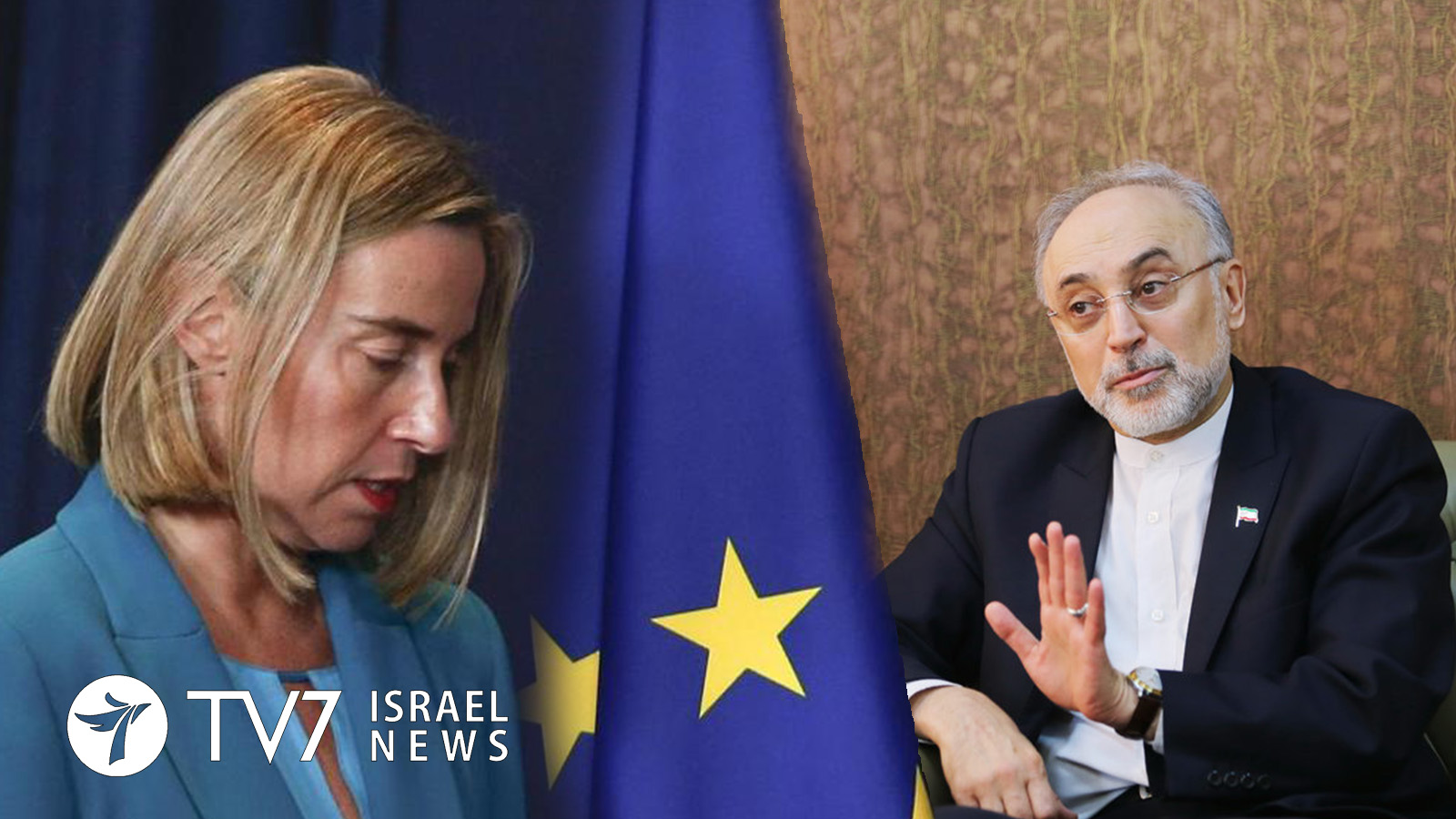EU Foreign Policy Chief Federica Mogherini welcomed the Islamic Republic’s Atomic Energy Agency Director Ali Akbar Salehi for a meeting on European efforts to preserve the all-but-lost nuclear agreement with Iran. Following their meeting, the office of the European External Action Service, which is headed by Mogherini, released a statement in which she reiterated the EU’s concerns about Iran’s (aggressive) role across the Middle East. That said, the statement revealed that both Mogherini and Salehi “equally expressed their determination to preserve the nuclear agreement as a matter of respecting international agreements and a key pillar for European and regional security.” Prior to the meeting, the Iranian nuclear chief threatened the European Union’s top diplomat, stating Tehran’s patience was running out on the bloc’s pledges to keep buying oil, despite the Iron-clad American sanctions. In his words, “We have not yet seen any tangible results. So, they are promising us that they are doing their best to be able to translate all that they have said in political terms and to turn it into realization, in other words, to materialize what they have said. So, we wait and see, but I will pass certainly a word of caution to her (European Union foreign policy chief Federica Mogherini) that I think the period of patience for our people is getting more limited and limited.” The Iranian official explained that unless the Islamic Republic will benefit from the benefits, which were granted to Tehran under the nuclear agreement, the Iranian leadership could not remain part of the deal and would resume its nuclear activities. According to him, “Well, if we cannot sell our oil and if we don’t enjoy the financial transaction, then I don’t think keeping the deal will benefit us anymore. I mean because, you see, we have accepted some limits and constraints in our nuclear activities, but in return, we are expecting to benefit from the economic side of the deal. And if we are not to benefit from that part, then what’s the purpose of us staying in the deal and accepting the constraints and the limitations in our nuclear activities?” When asked whether the Iranian nuclear program could resume its enrichment activity to the degree that it had before the 2015 nuclear agreement took effect, Salehi revealed that “Technically speaking, it’s very easy for us to go back to what we were before, even to a better position. In other words, we can start the 20 percent enrichment activity. We can increase the amount of the enriched uranium, because we are limited to 300 kilograms now, so we can increase that. And so, there are so many other things we can do, but I wish that we never reach that stage.”
